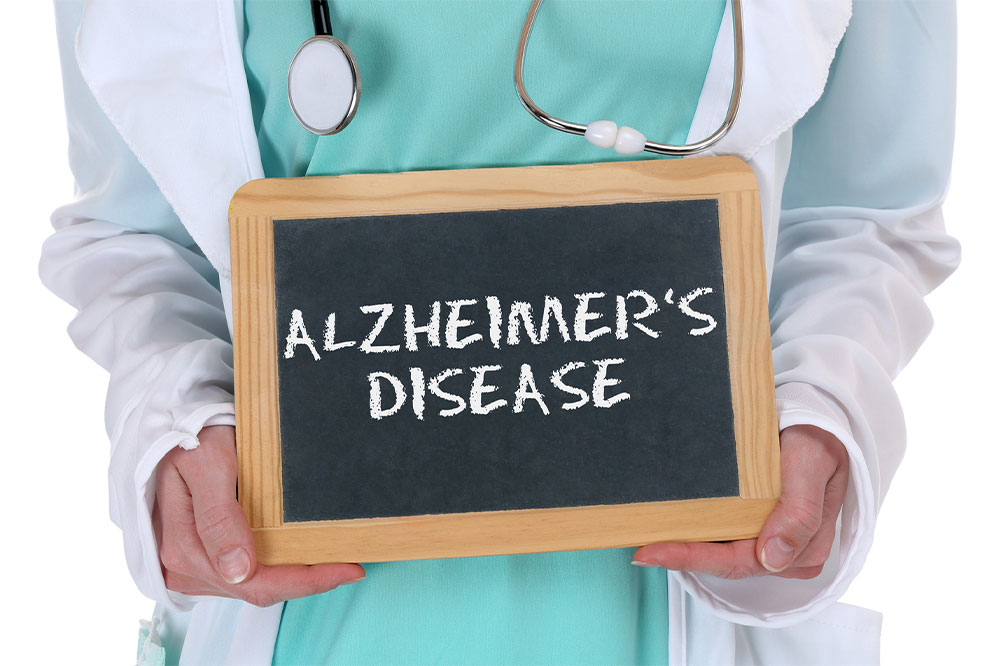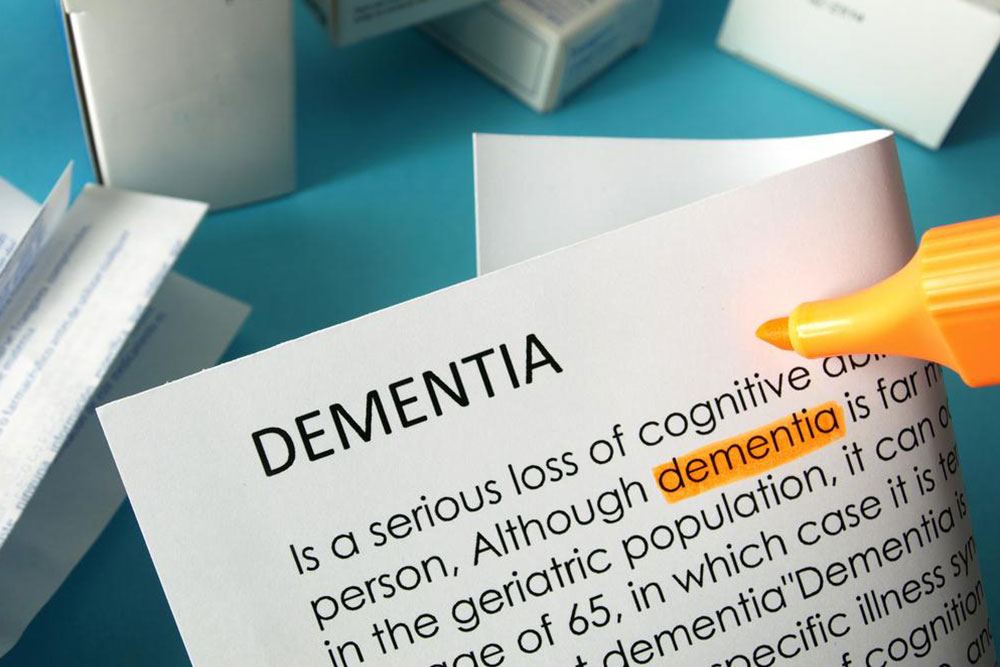Recognizing Early Indicators of Alzheimer’s Disease
Recognize the early signs of Alzheimer’s disease, including memory loss, disorientation, and personality changes. Early diagnosis is key to managing symptoms effectively and maintaining quality of life. This article highlights crucial symptoms to watch for and emphasizes the importance of prompt medical consultation to slow disease progression and provide proper care.
Sponsored

Alzheimer’s disease is a progressive brain disorder that causes gradual cognitive decline, impacting memory, thinking, and behavior. Although there is no current cure, early awareness of symptoms can help slow disease progression through timely intervention. Detecting signs like memory issues, difficulty planning, and personality changes can be crucial. Early diagnosis allows for better management and improved quality of life. It's important to consult a healthcare professional if you notice these symptoms, especially if they interfere with daily activities.
Memory Decline One of the most prominent early signs is forgetfulness—the inability to recall recent events, appointments, or familiar names. Sometimes, it manifests as repeating stories or relying heavily on notes or family reminders.
Difficulty with Problem-Solving People may struggle to solve simple problems or plan daily tasks. They might forget to pay bills, lose focus during activities like cooking, or find multitasking challenging.
Challenges in Performing Routine Tasks Simple activities such as organizing shopping lists, making reservations, or controlling electronic devices can become difficult early on. Asking for help with these tasks may indicate issues.
Disorientation in Time and Space If someone suddenly has trouble with directions or forgetting the route home, it could be an early warning sign. Losing track of dates or times also falls under this category.
Visual and Spatial Difficulties Problems judging distances, reading, or distinguishing contrasts may occur. Some individuals may forget how to recognize their reflection or experience frequent falls due to spatial misjudgment.
Language and Communication Problems Difficulty recalling common words, misnaming familiar objects or people, or struggling to understand conversations are indicators. Complex plots in movies or books may also become hard to follow.
Misplacing Items Putting objects in odd places or losing them frequently, such as keys or phones in unexpected locations, can be a sign. Blaming others for missing belongings is common in early stages.
Impaired Judgment Noticing poor decision-making, neglecting personal hygiene, or falling prey to scams can signal early Alzheimer’s. Changes in grooming habits are also common.
Withdrawal from Social or Work Activities Due to declining cognitive abilities, affected individuals may avoid social interactions or work-related tasks, feeling overwhelmed or unable to keep up.
Mood and Personality Shifts Noticeable changes in mood, irritability, or behavior that deviate from normal patterns might be early signs, especially if persistent.
While a cure remains elusive, early detection and management can greatly improve quality of life. Supportive environments, routine schedules, and professional help are vital in assisting those with early Alzheimer’s symptoms, helping them retain independence longer.






